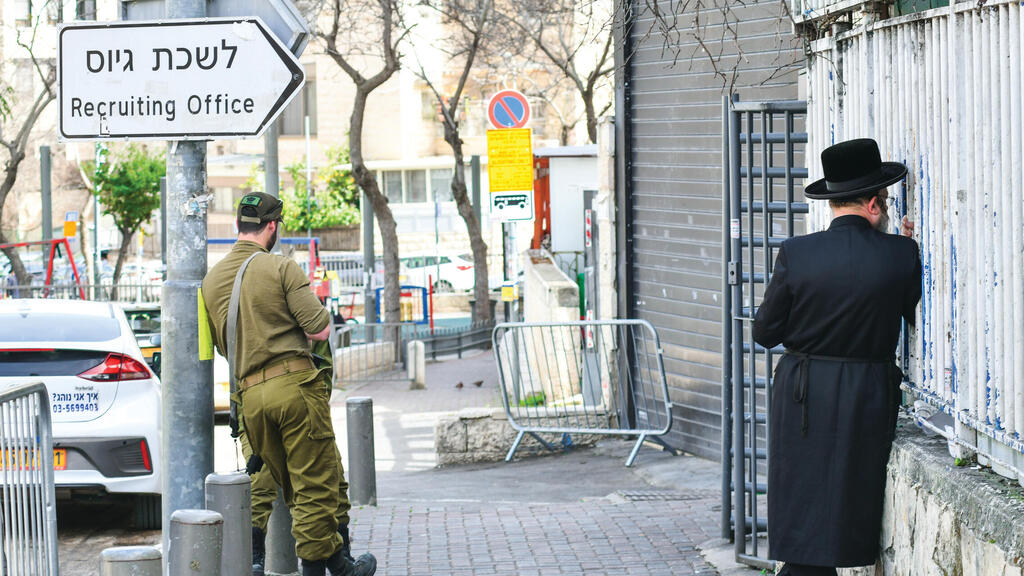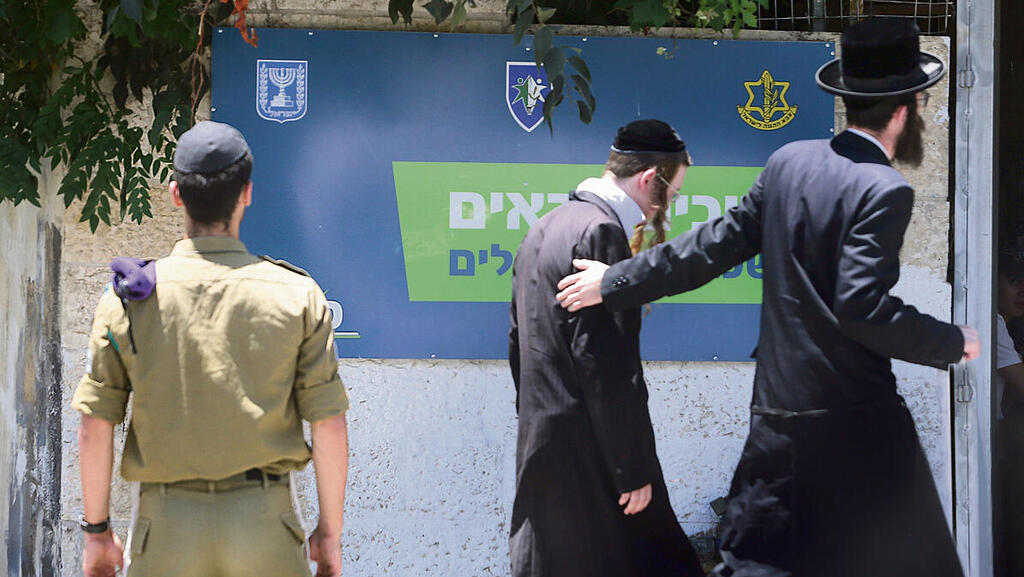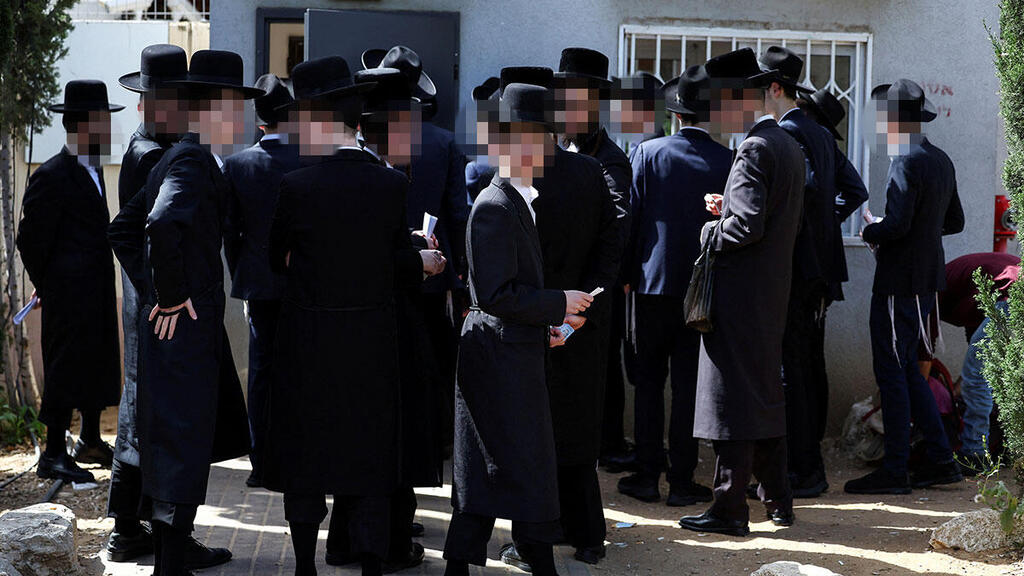IDF Central Command chief Major General Yehuda Fox recently proposed a plan to solve the military’s growing manpower crisis and attempt to conscript the ultra-Orthodox sector, under which they will protect settlements in the West Bank but won’t become a part of the IDF itself. In this way, other conscripted and reserve troops will be freed up for other tasks.
Later on, this can also be done in communities close to the Gaza and northern borders. According to the plan, an authority for settlement defense will be established under the Defense Ministry, responsible for defending these communities. The authority will be staffed mainly by prospective soldiers as a replacement for military service and will provide an option for service in national security instead.
The plan stems from an understanding that settlement defense can’t remain as it was in the past and, on the other hand, a broad reserve service in all settlements will be very costly and ineffective. Currently, during the war, settlement defense is carried out by a hired security chief alongside soldiers, alert squads and military defense missions.
The smallest settlement in the IDF Central Command is manned by 16 soldiers, and the larger ones (excluding cities) by about 60 soldiers. Following the war, according to a military document, the IDF won’t be able to be involved in settlement defense to the previous level, even if it expands significantly.
The proposal stipulates the standard of defense established in a settlement must be high, providing safety and a sense of security. It should be a constant civilian factor that doesn’t divide into different brigades, that’s rooted in routine, and has good familiarity with the area and local residents.
The proposal stipulated the standard of defense established in a settlement must be high, provide security and a sense of security, and be a permanent civil factor that does not change according to one company or another, as well as integrated into the community with familiarity with the area and local residents.
The force should not rely on local residents but can arrive at the settlement in two or three shifts per day via an organized transportation system. The settlements’ alert squads will constitute an additional defense layer for the communities, operating according to the current readiness class protocol.
According to the plan, a representative of the future settlement defense authority will be present in IDF units set to guard the settlements, who will serve as a liaison between the settlement defense forces and the IDF, under the command of a regional defense officer.
The document indicates there are 200 settlements under the IDF Central Command’s protection. Assuming an average need for 20 authority personnel per settlement, alongside command centers, logistics, and administration, the IDF Central Command will require approximately 6,500-7,000 personnel. Assuming that the IDF Southern and Northern Commands together will double the national number, the total number of required volunteers will stand at 14,000 - 15,000.
According to the proposed plan, training will be conducted at a civilian settlement defense academy in the community. The academy will operate on a civilian basis for a period determined according to a standard set by the Defense Ministry in coordination with the IDF.
The training will provide a level of competence equivalent to that of IDF combat soldiers. The authority's command and oversight may be based on former IDF commanders or even current IDF personnel who will be employed by the authority.
Service in the authority won’t be part of the IDF but part of Israel’s security establishment, and recruits won’t undergo training on IDF bases. Additionally, it will be important to define the common values to be instilled in the servicemen. A civilian security service like this could allow for ultra-Orthodox recruitment, alongside other sectors, and spread the burden of Israel’s national security.





